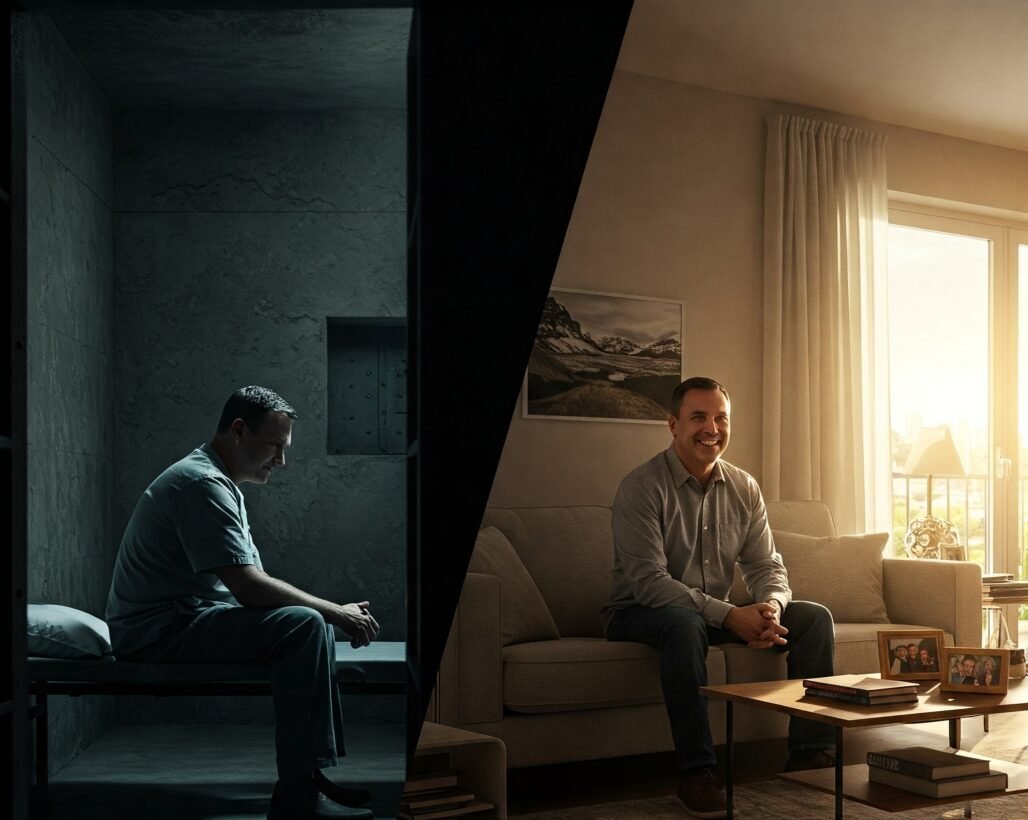From a Cell to a Suite: Why Dignified Housing is a Game-Changer for Recovery
When someone gets out of prison, they’ve technically regained their freedom—but too often, they’re released straight into homelessness, unsafe housing, or environments that push them right back toward the life they just left. That’s not freedom. That’s just a new kind of sentence.
At Mercy Center of Arizona, we believe the first step to healing isn’t just therapy or meetings—it’s a safe place to sleep. And not just any place. We provide transitional supports for housing in an upscale hotel environment—private rooms, clean surroundings, safe neighborhoods. It may sound luxurious, but it’s actually essential.
Let’s be honest: if you’ve spent years in a concrete box, constantly on guard, waking to metal doors and chaos, what message does it send when your next stop is a halfway house with roaches and broken locks?
It says, “This is all you’re worth.”
We reject that message.
People who’ve done time often carry deep wounds—years of shame, trauma, addiction, and survival. Giving someone a beautiful, comfortable space to live isn’t spoiling them. It’s saying, “You matter. Your life has value.” And that mindset shift is the real key to recovery.
Because here’s the truth: healing doesn’t happen in chaos. Recovery doesn’t grow in survival mode.
When someone walks into one of our rooms for the first time—when they see the clean sheets, the quiet hallways, the safety—they often cry. Not because the room is fancy, but because it’s the first time in a long time they’ve felt seen. The first time they’ve felt safe.
That kind of environment changes people.
It tells them they don’t have to hustle anymore. That they can slow down, breathe, and start thinking about the future instead of fighting through the day. From that place of security, real work begins—therapy, accountability, purpose.
We’ve watched men and women go from sleeping in their cars or couch-surfing with old using buddies, to waking up in a clean room with a schedule, a counselor, and a future.
And no, this isn’t about coddling anyone. It’s about creating a launchpad. We expect accountability. We offer structure. But we also lead with compassion—because that’s what changes lives.
One client said it best: “You gave me a place that didn’t feel like jail or a shelter. You gave me a home.”
That’s what we’re doing here at Mercy Center. We’re rewriting the narrative of what reentry can look like. From a cell to a suite—not because people need to be pampered, but because they need to be reminded of their worth.
Because when people believe they’re worth saving, they start acting like it.



